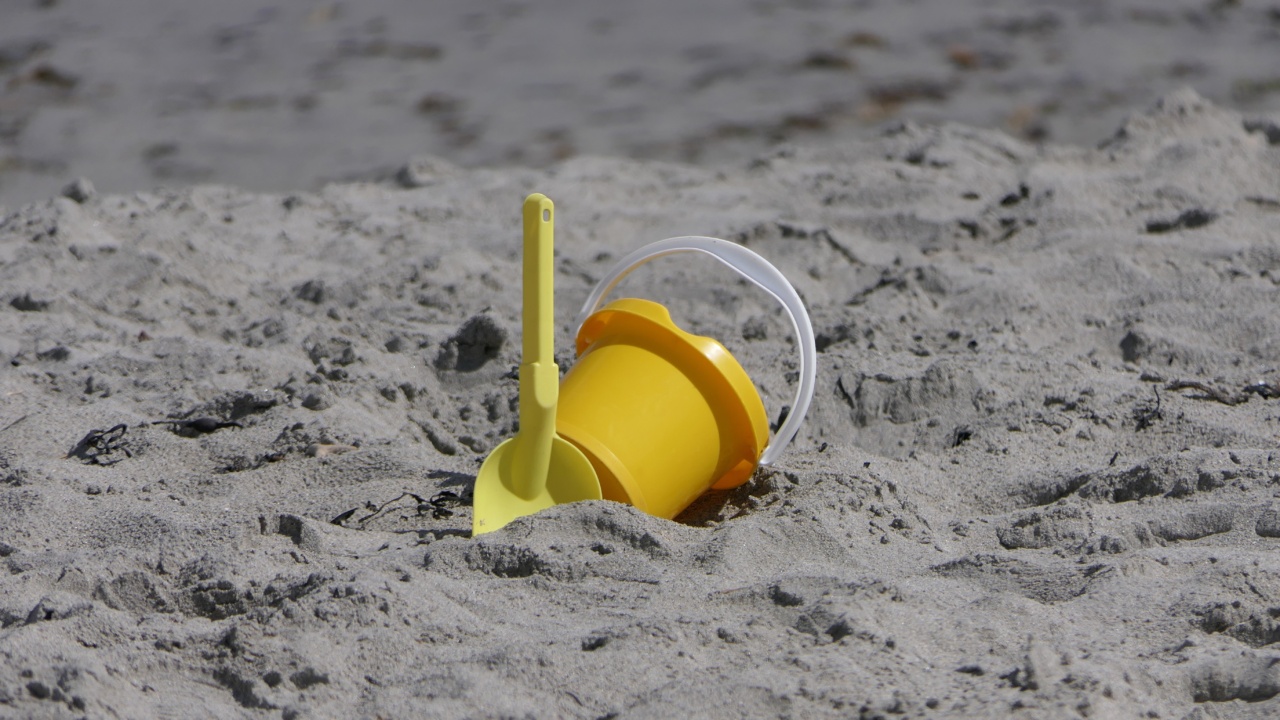Respiratory infections are a common problem that affects millions of people worldwide. In the past, antibiotics have been the go-to treatment for such infections.
However, with the rising concerns about antibiotic resistance and the overuse of antibiotics, it is vital to explore alternative approaches for the management of respiratory infections. This article will discuss the various alternatives to antibiotics for respiratory infections and highlight their efficacy and safety.
1. Probiotics
Probiotics are live microorganisms that provide health benefits when consumed in adequate amounts. They are commonly known for their role in promoting gut health.
However, recent studies have suggested that specific strains of probiotics can also enhance respiratory health. Probiotics work by restoring the natural balance of bacteria in the respiratory tract and boosting the immune response, thereby preventing respiratory infections.
Common probiotic strains for respiratory health include Lactobacillus rhamnosus, Bifidobacterium bifidum, and Lactobacillus plantarum.
2. Herbal Remedies
Nature has provided us with a wealth of herbs that possess antimicrobial and immunomodulatory properties. Many herbal remedies have been traditionally used to treat respiratory infections and have shown promising results.
Examples of herbs commonly used for respiratory health include Echinacea, elderberry, ginger, garlic, and licorice root. These herbs can be consumed as teas, supplements, or incorporated into meals to support lung health and fight off infections.
3. Essential Oils
Essential oils have gained popularity in recent years for their therapeutic properties. Some essential oils possess potent antimicrobial activity and can help alleviate respiratory infections.
Eucalyptus oil, tea tree oil, oregano oil, and lavender oil are among the essential oils known for their beneficial effects on respiratory health. These oils can be used in steam inhalation, diffusers, or diluted and applied topically to the chest or throat to provide relief from respiratory symptoms.
4. Vitamin C
Vitamin C, also known as ascorbic acid, is a powerful antioxidant that plays a crucial role in supporting the immune system. It has been widely studied for its potential to prevent and alleviate respiratory infections.
Vitamin C supplementation has been shown to reduce the severity and duration of common respiratory infections, including the common cold and pneumonia. Foods rich in vitamin C include citrus fruits, strawberries, kiwi, bell peppers, and broccoli.
5. Zinc
Zinc is an essential mineral that plays a vital role in immune function. It has been found to have antiviral and antibacterial properties, making it valuable in the prevention and treatment of respiratory infections.
Zinc lozenges or supplements have been shown to reduce the duration and severity of the common cold and other respiratory infections. Good dietary sources of zinc include oysters, beef, poultry, beans, and nuts.
6. Honey
Honey has been used for centuries as a natural remedy for various ailments, including respiratory infections. It possesses antimicrobial properties and can help soothe a sore throat and cough.
Honey can be consumed directly or added to warm herbal teas to provide relief and support respiratory health. However, it is important to note that honey should not be given to infants under one year old due to the risk of botulism.
7. Steam Inhalation
Steam inhalation is a simple yet effective way to alleviate respiratory symptoms. Inhaling steam helps moisturize the airways, loosen mucus, and soothe irritated nasal passages.
Adding essential oils or herbs, such as eucalyptus or chamomile, to the steam can provide additional benefits. Steam inhalation can be done by leaning over a bowl of hot water with a towel draped over the head or using a steam inhaler device.
8. Saltwater Gargle
A saltwater gargle is a traditional remedy for a sore throat and can help prevent respiratory infections. Gargling with warm saltwater can help reduce inflammation, kill bacteria in the throat, and loosen mucus.
Mix half a teaspoon of salt in a glass of warm water and gargle for a few seconds before spitting out. Repeat several times a day as needed.
9. Nasal Irrigation
Nasal irrigation involves flushing out the nasal passages with a saline solution to remove irritants, allergens, and excess mucus. It helps relieve nasal congestion and reduce the risk of respiratory infections.
Nasal irrigation can be performed using a neti pot or a nasal rinse bottle filled with a sterile saline solution or a homemade saltwater solution.
10. Lifestyle Measures
Besides exploring alternative remedies, certain lifestyle measures can aid in respiratory health and reduce the risk of infections.
Regular exercise, maintaining a healthy diet rich in fruits and vegetables, staying hydrated, getting adequate sleep, and practicing good hygiene, such as frequent handwashing, are essential for overall respiratory wellness.































